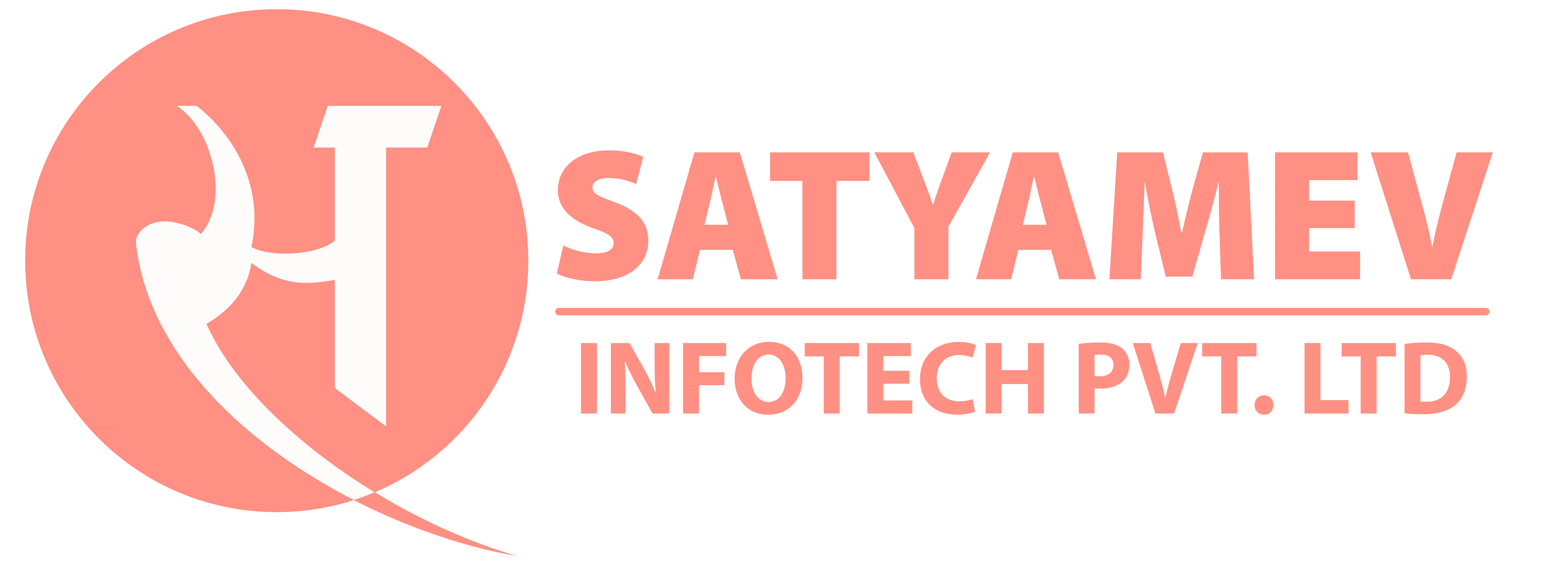What Is IoT?
You might be wondering what is IoT? The “Internet of Things (IoT)” refers to the billions of physical devices around the world that are now connected to the internet collecting and sharing data. Thanks to the arrival of super-cheap computer chips and the ubiquity of wireless networks, it’s possible to turn anything from something as small as a pill to something as big as an aeroplane, into a part of the IoT. Connecting up all these different objects and adding sensors to them adds a level of digital intelligence to devices and enables them to communicate real-time data without involving a human being. What is IoT? It makes the fabric of the world around us smarter and more responsive, merging digital and physical universes. Any physical object can be transformed into an IoT device if it can be connected to the internet to be controlled or communicate information. Examples of what is IoT are as such: A lightbulb that can be switched on using a smartphone app is an IoT device, as is a motion sensor or a smart thermostat in your office etc. It could be as fluffy as a child’s toy or as serious as a self-driving truck. Some larger objects may themselves be filled with many smaller IoT components, such as a jet engine now filled with thousands of sensors collecting and transmitting data back to make sure it is operating efficiently. On a bigger scale, smart city projects are filling entire regions with sensors to help us understand and control the environment. Now that you know, what is IoT, let us move towards how it can help your business.
How Does It Help Your Business?
The benefits of the IoT for business depends on the particular implementation; agility and efficiency are usually top considerations. Enterprises should have access to more data about their own products and their own internal systems as well as a greater ability to make changes as a result. Additionally, manufacturers nowadays are adding sensors to the components of their products so that they can transmit data back about how they are performing. This can help companies spot when a component is likely to fail and swap it out before it causes damage. However, they can also use the data generated by these sensors to make their systems and their supply chains more efficient because they will have more accurate data about the current events.
IoT’s enterprise uses can be divided into two segments. That is to say, the industry-specific offerings like sensors in a generating plant or real-time location devices for healthcare; and IoT devices that can be used in all industries, like smart air conditioning or security systems.
What Are Its Benefits?
Now that you know what is IoT and how it helps your business, let us move forward to its benefits. IoT can make our environment such as our homes, offices and vehicles smarter. For example, smart speakers like Amazon’s Echo and Google Home make it easier to play music, set timers or even get information. In addition, home security systems make it easier to monitor what is going on inside as well as outside or to see and talk to visitors. Not only that, self-driving cars and smart cities could change how we build and manage our public spaces.
One of the benefits of IoT is it may be able to keep older people independent and in their own homes longer by making it easier for their family and carers to communicate with them as well as see how they are getting on. In addition, a better understanding of how our homes operate and the ability to tweak those settings can help save energy. Now you know what is IoT as well as some of its benefits, let us learn more about it.
Is It Private?
With all the sensors collecting data on everything you do, the IoT is a potentially vast privacy and security headache. For example, the smart home. It can tell when you wake up (when the smart coffee machine is activated) or what radio station you listen to (thanks to your smart speaker) etc. While companies will make money from selling you the smart device, their IoT business model probably involves selling at least some of that data too. That is to say, what happens to that data is a vitally important privacy matter. Not all smart home companies build their business model around harvesting and selling your data but some do.
In addition, IoT data can be combined with other bits of data to create a surprisingly detailed picture of you. It is surprisingly easy to find out a lot about a person from a few different sensor readings. A researcher found that by analysing data charting just the home’s energy consumption, temperature, humidity and such throughout the day they could work out what someone was having for dinner. Consumers need to understand the exchange they are making and whether they are happy with that. That is to say, some of the same issues apply to business. One survey found that four out of five companies would be unable to identify all the IoT devices on their network. Now you know what is IoT and everything else there is about it.
